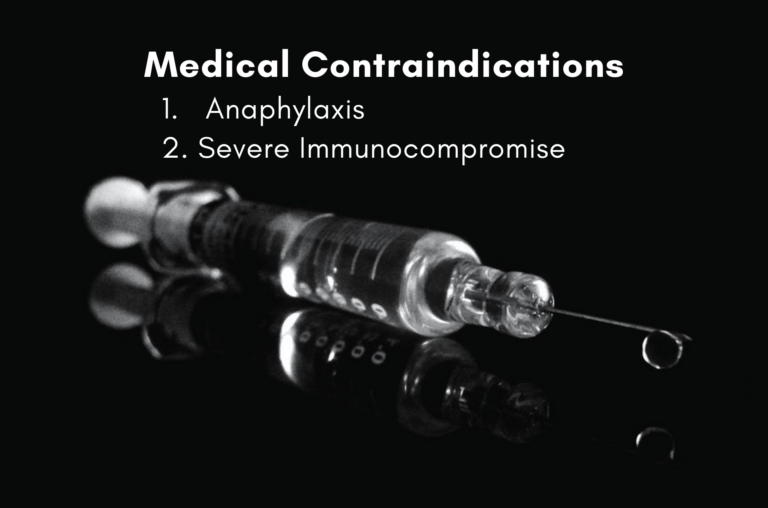The Federal Court handed down its decision in our medical exemptions case at the end of last year. To recap, the reason for the legal challenge was that we were specifically asking the court to interpret whether the government (specifically Centrelink) were permitted to restrict medical exemptions to the following two criteria (outlined in Details of the Vaccine Medical Exemptions Challenge):
- Have had anaphylaxis to a previous vaccination; or
- Are significantly immunocompromised. However, even those who are severely immunocompromised (such as children receiving cancer treatment) must still receive 8 out of 12 of the vaccines mandated for children.
Without going into legal detail (as this case is quite complex), our summary of the court’s decision is that the government is indeed permitted to restrict medical exemptions into just these two narrow medical criteria. We are quite perplexed at this outcome, because our interpretation of the decision is that the government is therefore permitted to cherry pick these two specific criteria from the Australian Immunisation Handbook (Handbook) while ignoring the rest of the medical guidance contained within the Handbook (which includes references to clinical judgement and other potential medical contraindications).
While we are obviously disappointed with this outcome, it no longer comes as a surprise when considering the results of the other vaccine cases that have been brought before the Federal Court in recent times. Also, the concept of abolishing medical exemptions for Covid-19 vaccinations has been normalised over the last year, a practice that surprisingly hasn’t caused more outrage from the Australian public. There is no doubt that we had excellent lawyers and presented a very powerful case. This was a test case with no legal precedent, so it required the judge to make a decision about how the legislation should be interpreted. It now means that when approaching politicians or the general public, they can no longer argue that broad medical exemptions are available, because this court case has made clear that they are not.
Although there was the option for us to appeal the decision to the Full Bench of the Federal Court (three judges), we were advised by our legal team that the prospects of the Full Bench overturning the decision of the single Federal Court judge were going to be challenging and expensive. There is also a risk that this case would be subject to successive appeals up to the high court, which would require significant funds. Given the cost of the case so far and our heavy reliance on donors, we decided not to pursue an appeal.
The effect of the decision is that, for the time being at least, medical exemptions will continue to be restricted to only two conditions for the purpose of eligibility to family tax benefits and childcare subsidies. However, we believe that there may be scope for medical practitioners themselves to bring a new case to the High Court on the basis that the family assistance legislation (and other legislation) is unlawfully impinging on the clinical autonomy of doctors. This may be more possible now in light of the increasing number of doctors questioning government dictates. Please connect with us if you are a medical practitioner interested in this.
As of publication of this article, there is still a final amount owing on legal fees for this case and the total amount required has been updated to reflect the amount left to raise. Accordingly, we are requesting further donations to cover these costs. If you are able to make a further donation towards those fees, the applicant would be extremely grateful. Donations may be made at the following link:
Vaccine Medical Exemptions Legal Challenge.
Thank you again for your ongoing support. If you have any queries, please don’t hesitate to contact us.
